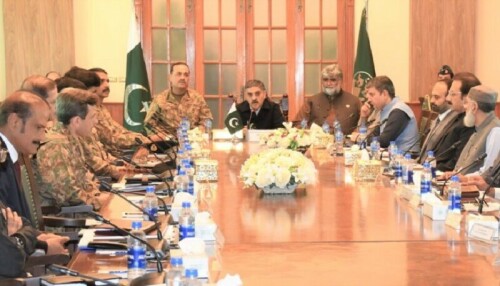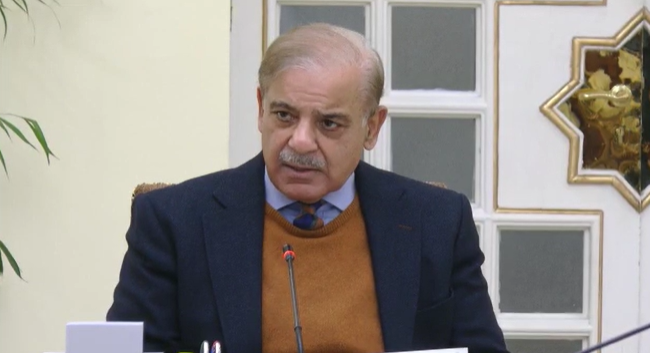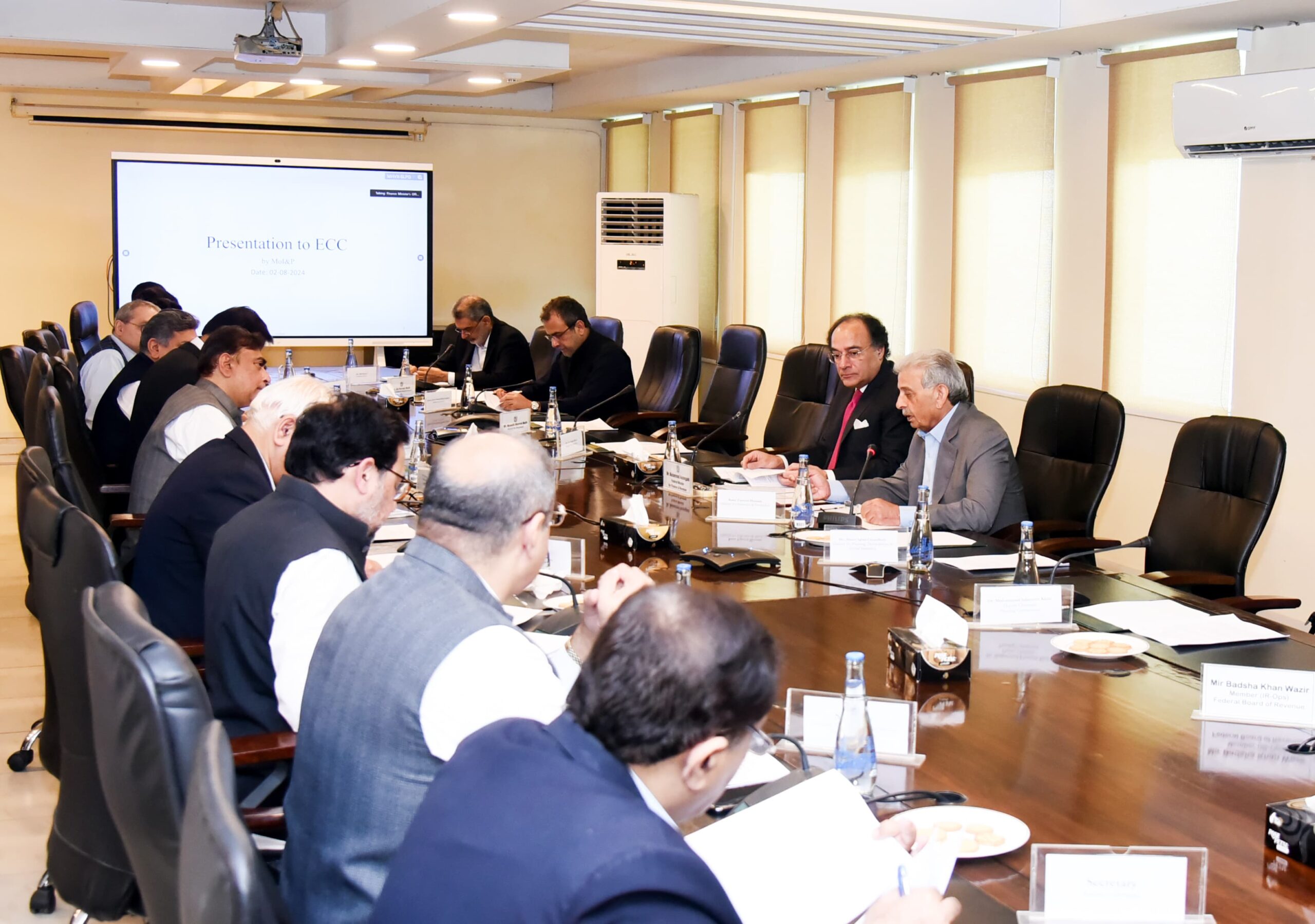Pakistan has successfully secured debt rollover commitments from China, Saudi Arabia, and the United Arab Emirates (UAE) for a year, providing a significant boost to the nation’s financial stability. This development follows Pakistan’s recent staff-level agreement with the International Monetary Fund (IMF) for a new $7 billion loan program.
To secure the final approval from the IMF board for this fresh bailout, Pakistan needed to obtain financing commitments from its bilateral donors. On Tuesday, Bloomberg reported that Pakistan has obtained commitments from China, Saudi Arabia, and the UAE to roll over their debts for a year. The country has approximately $12 billion in bilateral loans that have been extended over the past few years.
Finance Minister Muhammad Aurangzeb expressed optimism about converting the staff-level agreement into board approval by the end of the month. Addressing an event in Islamabad, Aurangzeb confirmed that the rollover amounts would be similar to those of the previous year.
Aurangzeb also highlighted that the current Pakistani government expects to manage a $5 billion financing gap during the IMF’s three-year program. He believes that Pakistan is moving in the right direction, emphasizing the stability of the nation’s currency.
In July, Pakistan and the IMF reached an agreement for a 37-month loan program. Pakistan has historically relied on IMF programs to maintain economic stability, often nearing the brink of sovereign default and seeking financial assistance from countries like the UAE and Saudi Arabia to meet the external financing targets set by the IMF.
The IMF’s statement following the staff-level agreement with Islamabad indicated that the new Extended Fund Facility (EFF) program is subject to approval from its executive board. This approval is contingent upon obtaining timely confirmation of necessary financing assurances from Pakistan’s development and bilateral partners.
Pakistan has faced significant financial challenges over the years, leading to its heavy reliance on IMF programs. These challenges have included high levels of debt, fiscal deficits, and balance of payments issues. The country’s economic situation has often required urgent interventions to prevent a sovereign default.
The IMF has been a critical partner for Pakistan, providing financial support through various programs. These programs aim to stabilize the economy, implement structural reforms, and restore investor confidence. However, obtaining these funds is not without conditions. Pakistan must meet stringent targets and implement policy measures to secure and maintain IMF support.
The support from China, Saudi Arabia, and the UAE has been crucial for Pakistan. These countries have provided financial aid and loans to help Pakistan meet its external financing needs. The recent commitment to roll over existing debts demonstrates continued support and confidence in Pakistan’s economic management.
China, in particular, has been a significant partner, investing heavily in infrastructure projects under the China-Pakistan Economic Corridor (CPEC). This partnership aims to enhance connectivity, trade, and economic development in Pakistan.
Saudi Arabia and the UAE have also played vital roles by providing financial assistance and investments. Their support has been instrumental in helping Pakistan navigate its economic challenges.
To ensure long-term economic stability, Pakistan must continue implementing necessary reforms. These include improving tax collection, reducing fiscal deficits, enhancing governance, and promoting economic diversification. The IMF programs often require such reforms as part of the conditions for financial assistance.
Improving the business environment, attracting foreign investment, and promoting exports are critical areas where Pakistan needs to focus. These measures will help reduce dependency on external financing and build a more resilient economy.




